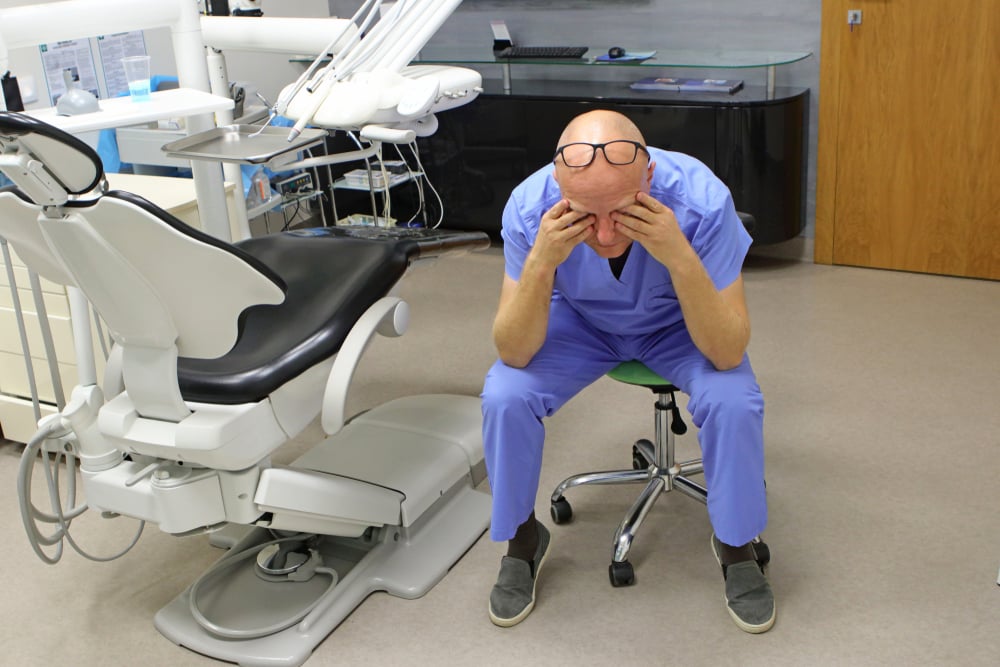This is often why decision making in bureaucracies is so slow: checklists have to created and
completed. Scores are weighed and tallied. This official and meticulous looking process then helps arrive at a well documented decision which is justified by external data.
In many cases, it is doubtful how much this removes human tendency for biased, or emotion judgement.
from the decision, and how much it simply helps to make things justifiable to others and disperses
responsibility.
This is not necessarily a bad thing or a good thing; it is both.
Similarly, it would be nice if we had a set of rules that immediately helped us sort science
out. This would make judgement of the worth of any particular aspect of scientific evidence very
easy, particularly in a clinical situation where vast amounts of science get generated.
Science, as it relates to health care has two general forms: observational and comparative.
The former is where all the major developments occur; the basic science of how things work, and how
chemistry, physics and biology is harnessed in the field.
The latter, whilst generally not generating the big developments, comparative science tries to answer the question of which treatment is best. This is conversely very difficult.
In the field of health care science, several attempts have been made to provide a system for making
judgements. The most famous and common is of course the hierarchy of evidence.
https://en.wikipedia.org/wiki/Hierarchy_of_evidence
Put aside for the moment that the hierarchy of evidence is actually a philosophical argument, it
does not satisfy its own requirements, and hence falls under anecdotal evidence.



